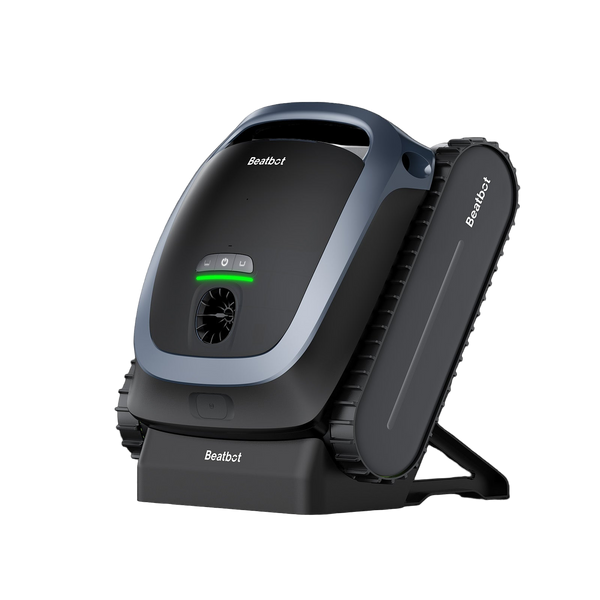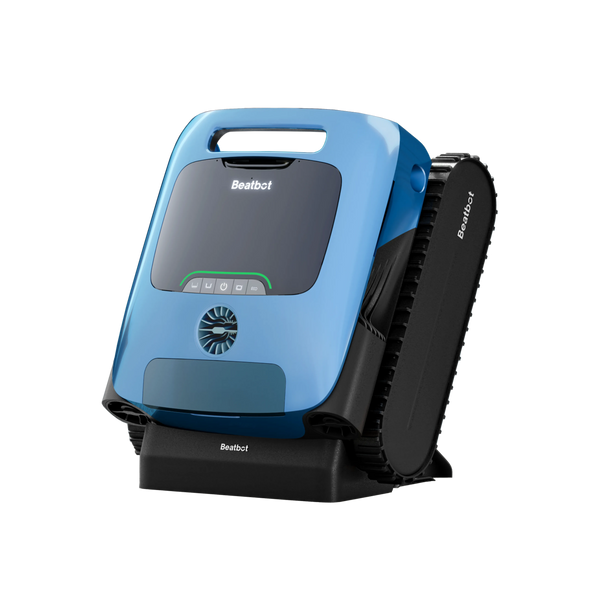How to Prevent and Remove Worms from Your Pool
Swimming Pools become hosts to unwanted guests, such as worms when they are driven out of their natural habitat due to environmental conditions like incessant rainfall, in search for drier conditions. Knowing and comprehending the factors behind why are there worms in the pools, how we can keep them away, and how we can eliminate them from the pool is needful in providing a cleaner swimming space.

How do worms get into your swimming pool?
Normally, worms are induced to move onto pools by steady rain, which can wash them in, or urge them to escape their waterlogged burrows. Worms will also favor pools that are not well-maintained; dirty pools with debris build-up will attract worms because there are nutrients for them. Gardens and green areas surrounding pools can house worms that are likely to move to the water.
Preventive Measures
Regular pool maintenance is key to keeping worms out of your pool. Regular cleaning, such as skimming debris and vacuuming, provides a cleaner environment to keep worms from breeding. Regularly maintaining filters and balancing chemicals helps prevent worm infestations as well. The landscaping and positioning of the pool should also be taken into account; cutting back overgrown vegetation and placing the pool away from moisture-prone areas can help. Creating a scrap gravel or mulch streak at the edges of the pool surrounding the deck area can be an effective deterrent worms have a nasty habit of crawling into pool sidewaters, but can find gravel and mulch moats under jumping. Using a pool cover is one way to protect your pool from worms, particularly in off-peak seasons, while fencing can also be helpful in keeping pests from entering the pool area (which includes both worms and other vermin such as mice, insects, etc). Chemical treatments: Another option is to spray insecticidal soap on grassy areas and garden beds that surround the pool, as this will also kill worms. One natural pest deterrent is diatomaceous earth, which helps create a barrier worms stay away from and can be sprinkled around the pool.

Worm Removal Solutions
If worms have gotten into your pool already there are a few solid removal methods. (Manual removal consists of removing worms directly in the surface of the pool with help a net or scoop). While this approach is simple, it may take some persistence and due diligence. An in-pool vacuum can be an effective tool in the battle against worms that make their way to the bottom of the pool, especially one with a leaf canister to prevent clogging the pump’s basket. Once the worms have been removed, you should clean the pool filter to avoid clogging. As a final step, shocking the pool with chlorine or another appropriate sanitizer can help destroy bacteria and other contaminants that might have been introduced by the worms.
Do All Natural Remedies for Worms Get the Job Done?
Natural remedies are eco-friendly alternatives to chemical treatments, and natural remedies can be just as successful preventing worms. Mixing essential oils such as peppermint and eucalyptus with water and spraying the area around the pool area is a natural worm repellent. If you want to help control worm numbers, attract natural predators to the area around your pool, such as birds, as well as beneficial insects such as lady bugs and lacewings. Setting up bird feeders and filling bird baths and planting flowering plants that attract these natural predators can help with this.
With knowledge about worm causes and the use of various preventive actions and natural treatments, you can have a worm-free swimming pool. With regular maintenance and a proactive approach to pool care, you can make sure the only things swimming in your pools are you, family, and friends—less the worms! A small amount of preventative maintenance can go a long way, saving you time and inconvenience in the long run and keeping your pool clean and enjoyable for years to come.
Relative Blogs
About the author



















